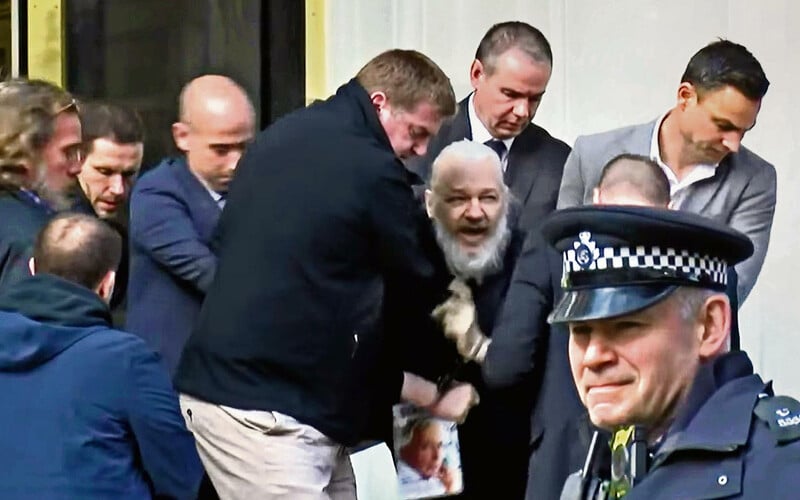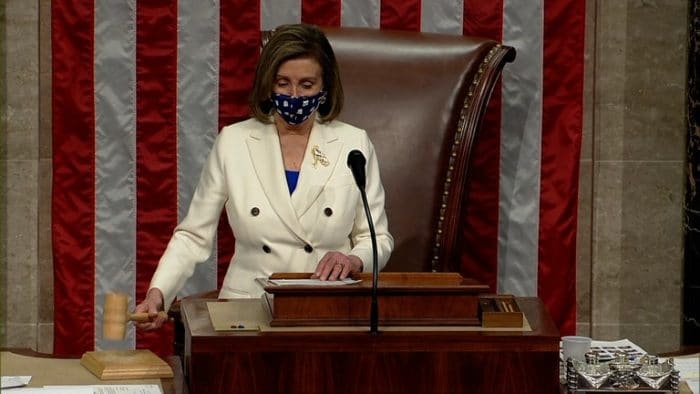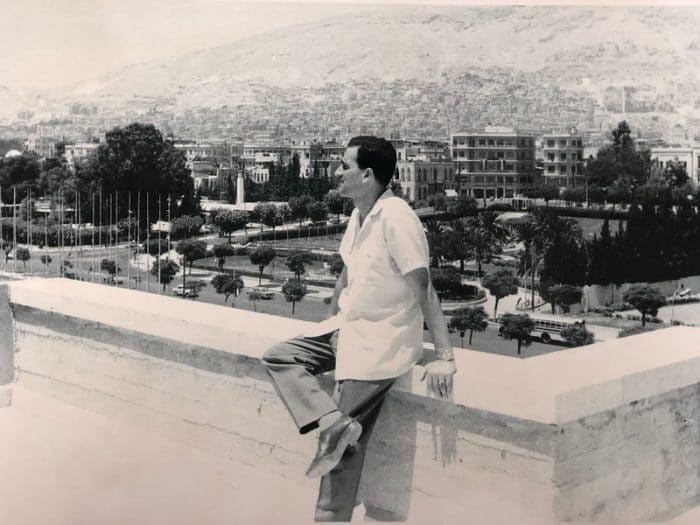Wikileaks founder Julian Assange was arrested outside the Ecuadorean Embassy in London on
Thursday and will likely be extradited to the United States to face federal conspiracy charges for leaking sensitive government documents.
Assange was found guilty for failing to surrender to the court back in 2012. District Judge Michael Snow called Assange’s behavior “the behavior of a narcissist who cannot get beyond his own selfish interest.” Assange faces 12 months in prison and will be sentenced shortly.
The UK is currently weighing a request by the U.S. to extradite Assange. The United States alleges that Assange conspired with former U.S. intelligence analyst Chelsea Manning in 2010 to download and release classified databases.
Assange, 47, was arrested last week after spending the last seven years in the Ecuadorian Embassy.
The Ecuadorian government had granted him asylum after a Swedish court found him guilty in 2012 but suddenly rescinded it for what it called his “discourteous and aggressive behavior.”
Under Assange’s leadership, Wikileaks has disseminated vast amounts of highly sensitive material over the years, including a mass leak of U.S. State Department’s diplomatic cables, the U.S. Army’s entire order of battle for the invasion of Iraq, and Hillary Clinton’s emails during the 2016 election.
Assange’s arrest caused protests by left-wing Britons, who called him a hero for blowing the whistle on what they said were illegal actions by the U.S.
Labour leader Jeremy Corbyn called on the British government to block his extradition to the U.S., a call echoed by Shadow Home Secretary Diane Abbot.
“The extradition of Julian Assange to the U.S. for exposing evidence of atrocities in Iraq and Afghanistan should be opposed by the British government,” said Corbyn.
The calls for Assange’s release were rebuffed by British Foreign Secretary Jeremy Hunt, though, who tweeted that the Wikileaks head is “no hero.”
“Julian Assange is no hero and no one is above the law,” wrote Hunt. “He has hidden from the truth for years.”
This week, Ecuadorian President Lenin Moreno told the Guardian that Assange overstayed his welcome at the Ecuadorian Embassy in London when he used it as a “center for spying.” “Any attempt to destabilize is a reprehensible act for Ecuador because we are a sovereign nation and respectful of the politics of each country,” he said in his first English language interview since Assange’s arrest last week. “We cannot allow our house, the house that opened its doors, to become a center for spying.”
He added: “This activity violates asylum conditions. Our decision is not arbitrary but is based on international law.”
Moreno added, “He was a guest who was offered a dignified treatment, but he did not have the basic principle of reciprocity for the country that knew how to welcome him or the willingness to accept protocols [from] the country that welcomed him,” he added. “The withdrawal of his asylum occurred in strict adherence to international law. It is a sovereign decision. We do not make decisions based on external pressures from any country.”
Ecuador has claimed that Assange mistreated embassy staff, put excrement on walls, left soiled laundry in the bathroom, and improperly looked after his cat, among other things.
Jennifer Robinson, who is representing Assange, says that Ecuador has been spreading falsehoods about her client.
Categorised in: News, World News














